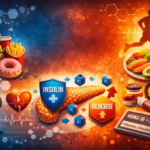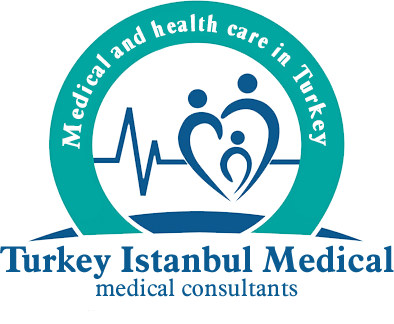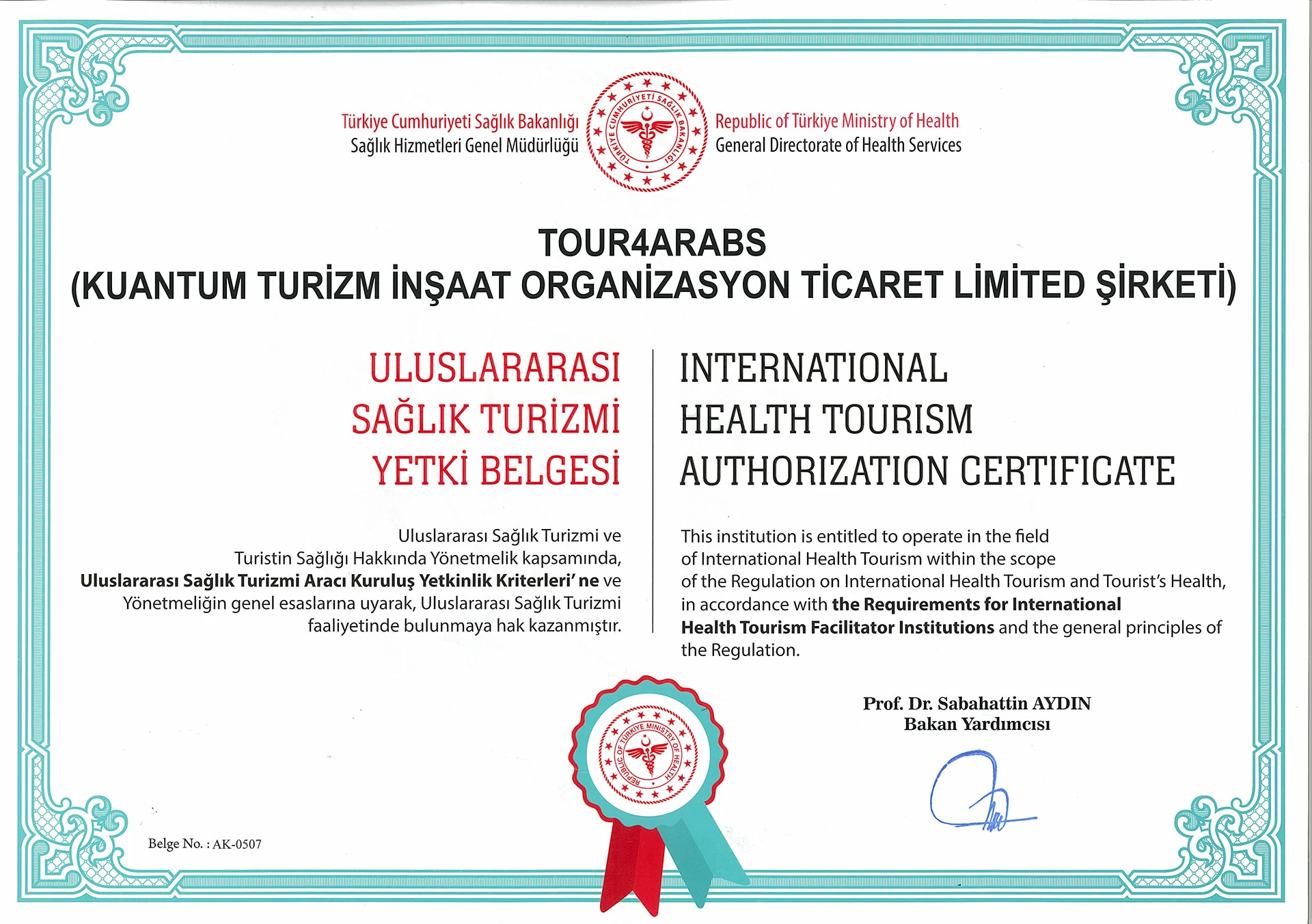Panic Attacks
Intense fear (of dying, of losing your mind, etc.) that begins suddenly, becomes rapidly violent, often accompanied by a severe sense of danger or the thought that it has come to an end.), anxiety and distress is described as a “panic attack“.
Panic disorder is a disorder that leads to repeated unexpected panic attacks. A person experiences intense and constant anxiety that new attacks will occur, or that as a result of these attacks, serious problems such as ‘dying of a heart attack’, ‘losing control and going crazy’ or ‘having a stroke’ will occur.
In order to prevent the attack, the patient develops behaviors that will restrict his life in order to take precautions according to his own: not to enter the environment in which the attack happened, not to go to work, not to be alone, avoid sports, as well as walking around with drugs that can reduce the complaints.
The main biological mechanism for the formation of panic attacks is irregularities in the levels and release of substances such as serotonin, noradrenaline, GABA, which are secreted in the brain nerve cells. While it is known that genetic factors also play an important role, the nature of the genetic transition has not been fully resolved.
The limbic system (center of emotions) does not work properly in people who have panic attacks. A simple stimulus is perceived as a danger by the person who has a panic attack, and symptoms such as breathing problems, heart palpitations, compression, fear of death occur. The person having a panic attack says that their heart beats as if they were going to die during the attack.
This intense anxiety attack can last from a few minutes to several hours, and has a certain beginning and end. It usually intensifies in a period of 10 minutes, causing distress at the climax, and then usually decreases gradually.
A panic attack is a type of panic attack that occurs when a person has a panic attack.
The disease starts around 25 years of age on average. It occurs 2-3 times more in women than in men.
Treatment Of Panic Attacks:
Panic disorder is a disease that can be treated with repeated unexpected panic attacks. Drug therapy and psychotherapy are used together with the treatment of quite a laughable results are obtained.
2 basic drug groups active in the treatment of panic disorder; antidepressants and anxiolytics. Treatment requires at least 6-8 months, or even longer drug use in some individuals.
The effectiveness of cognitive behavioral therapy in the treatment of panic attacks is extensive. This activity has been supported in many studies. In psychotherapy, the focus of attention is directed from the body to the environment and restructuring is achieved by studying false danger beliefs at the mental level.
Acupuncture can also make an important contribution to the release of certain chemicals (endorphin, serotonin, cortisol) in the body in the treatment of panic attack patients’ fear and anxiety. Acupuncture regulates the limbic system (center of emotions) in the center of the brain.






